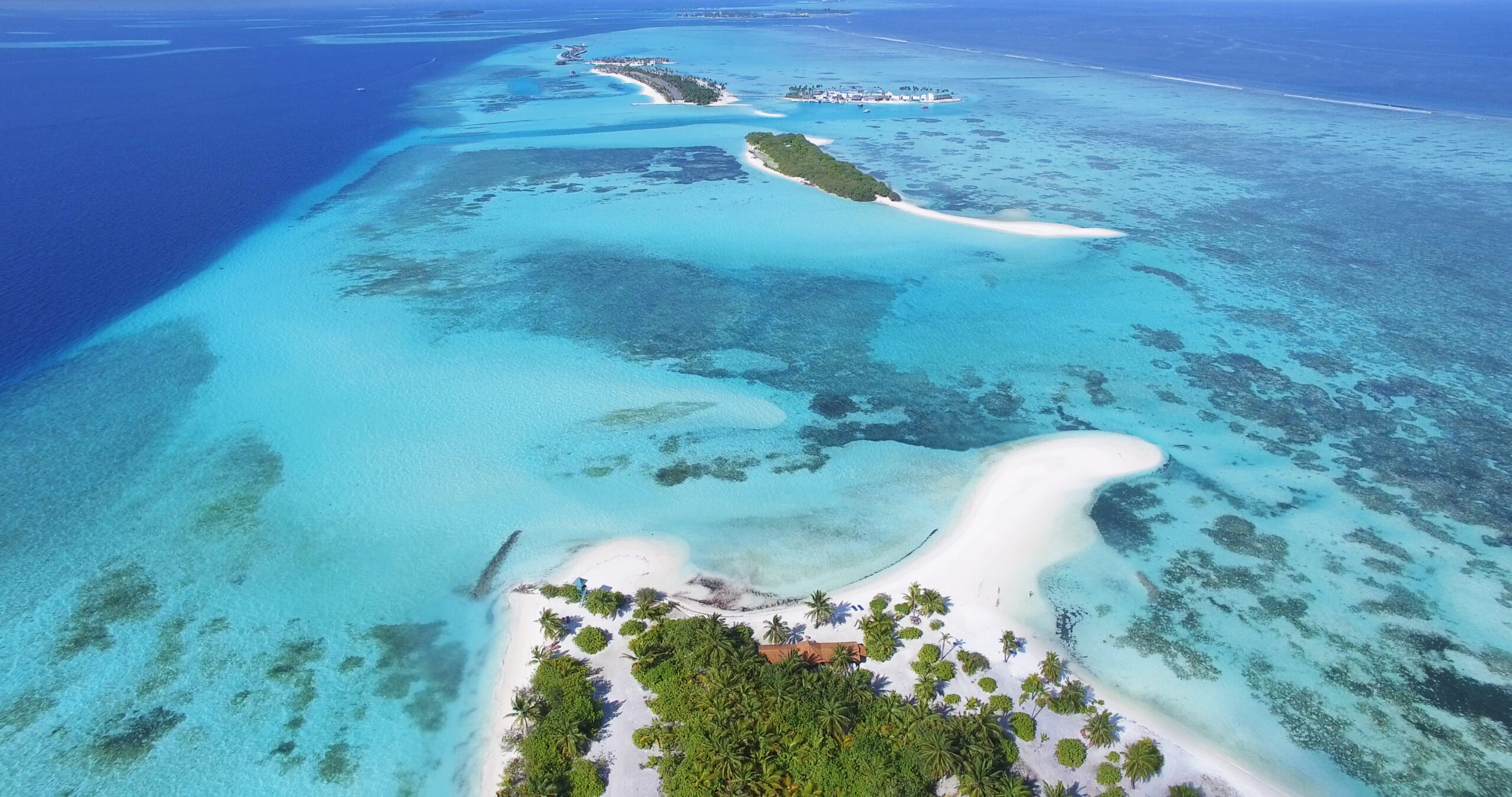
The Maldives in Focus
The Republic of Maldives became party to the UN Convention against Torture and Other Cruel, Inhuman or Degrading Treatment or Punishment (UNCAT) on 20 April 2004 and to its Optional Protocol (OPCAT) on 15 February 2006.
Political leaders, such as former President and current Speaker of Maldives’ Parliament, H.E. Mohamed Nasheed, himself a victim of torture, have been vocal about the importance of addressing past human rights abuses and working on reforming existing institutions to provide greater reporting, oversight, and accountability for acts of torture, particularly in prisons and other places of detention. In 2013, the Maldives enacted the stand-alone Anti-Torture Act (ATA), aimed to bolster accountability to its populace and to provide for a separate offence of torture.
The implementation of Anti-Torture Act 2013 and the positive outcome it brings to the prison system is immense. The reporting mechanism for the National Preventive Mechanism (NPM) ensures transparency and accountability when dealing with prisoners – which I believe is an integral part of preventing torture and ill-treatment of prisoners.
Tholath Raufuddeen, Director General, Monitoring, Rehabilitation and Peace Department, Ministry of Home Affairs
In December 2019, the Government of current President H.E. Ibrahim Mohamed Solih issued a declaration under Article 22 of UNCAT recognising the competence of the UN Committee Against Torture to receive individual complaints of torture and other ill-treatment from or on behalf of individuals within Maldives’ jurisdiction. The Maldives has also cooperated with several UN internal bodies and received visits from the Subcommittee on Prevention of Torture (SPT) in 2007 and from the Special Rapporteur on torture and other cruel, inhuman (SRT) in 2019 and is working to implement the received recommendations.
Preventing and responding to torture and other ill-treatment in custodial settings
The Maldives has focused efforts on preventing and responding to torture and other ill-treatment in custodial settings. The Prisons and Parole Act, which was unanimously passed, like the ATA, on 16 December 2013, prohibits torture and other ill-treatment by prison officers and makes it a disciplinary offence. Furthermore, it establishes an internal complaints mechanism and also empowers independent institutions, international mechanisms and Parliamentary Committees to conduct monitoring visits and to receive and investigate complaints. Additionally, as the country’s designated National Preventive Mechanism (NPM) under OPCAT, the Human Rights Commission of the Maldives (HRCM) has been conducting regular unannounced visits to prisons and all places of detention and has played a key role in implementing awareness-raising programmes on UNCAT, OPCAT and the Nelson Mandela Rules among relevant stakeholders. At the initiative of the Ministry of Home Affairs, the Maldives has undertaken a comprehensive audit of all prisons in 2019 and a Prison Reform Monitoring Committee has been established to oversee proposed recommendations. The Maldives Correctional Service is also finalising a Regulation expected to set standards in line with the UN Standard Minimum Rules for the Treatment of Prisoners (the Nelson Mandela Rules).
Transitional justice, reconciliation and torture prevention
The Maldives’ democratic transition led to the adoption of a new Constitution in 2008, embarking on political and institutional reform and making strides in addressing past human rights violations, including torture and other ill-treatment. In order to reconcile with its past, the Maldives has taken several transitional justice-related measures, including setting up a Commission on Murders and Disappearances
charged with investigating unresolved cases of murder and enforced disappearances that occurred between 1 January 2012 and 17 November 2018. Additionally, in late 2020, the Transitional Justice Act was enacted, establishing the Office of the Ombudsman for Transitional Justice. The Transitional Justice Act sanctions investigations into human rights violations by State authorities and government officials
through the Ombudsman’s Office and provides a framework for redress and reparations for victims, outlining measures to be undertaken to prevent its commission in the future.
Supporting UNCAT regional universality in Asia
The Maldives has approached its obligations to UNCAT to harness the benefits of becoming a State party, particularly to exchange on best practices to prevent and respond to torture and other ill-treatment with fellow States parties, in an effort to bolster social cohesion and promote an inclusive political environment.
As a member of the Alliance of Small Island States (AOSIS) and of the South Asian Association for Regional Cooperation (SAARC), the Maldives hopes to inspire other SIDS and States across South Asia to become party to UNCAT and stands ready to share its experiences, good practices and pathway forward.
CTI support for States
For those States interested in how the CTI can support their efforts towards ratification and/or implementation of UNCAT, please contact advicehub@cti2024.org. Other country experiences are available here.
Download the Maldives in Focus blog here.

